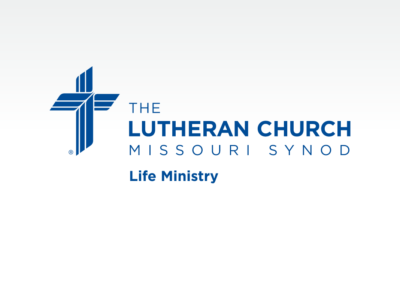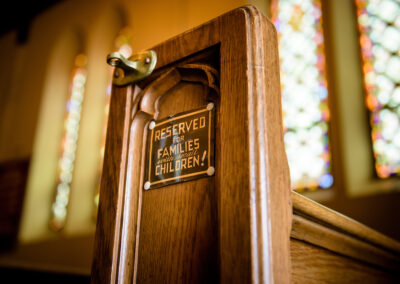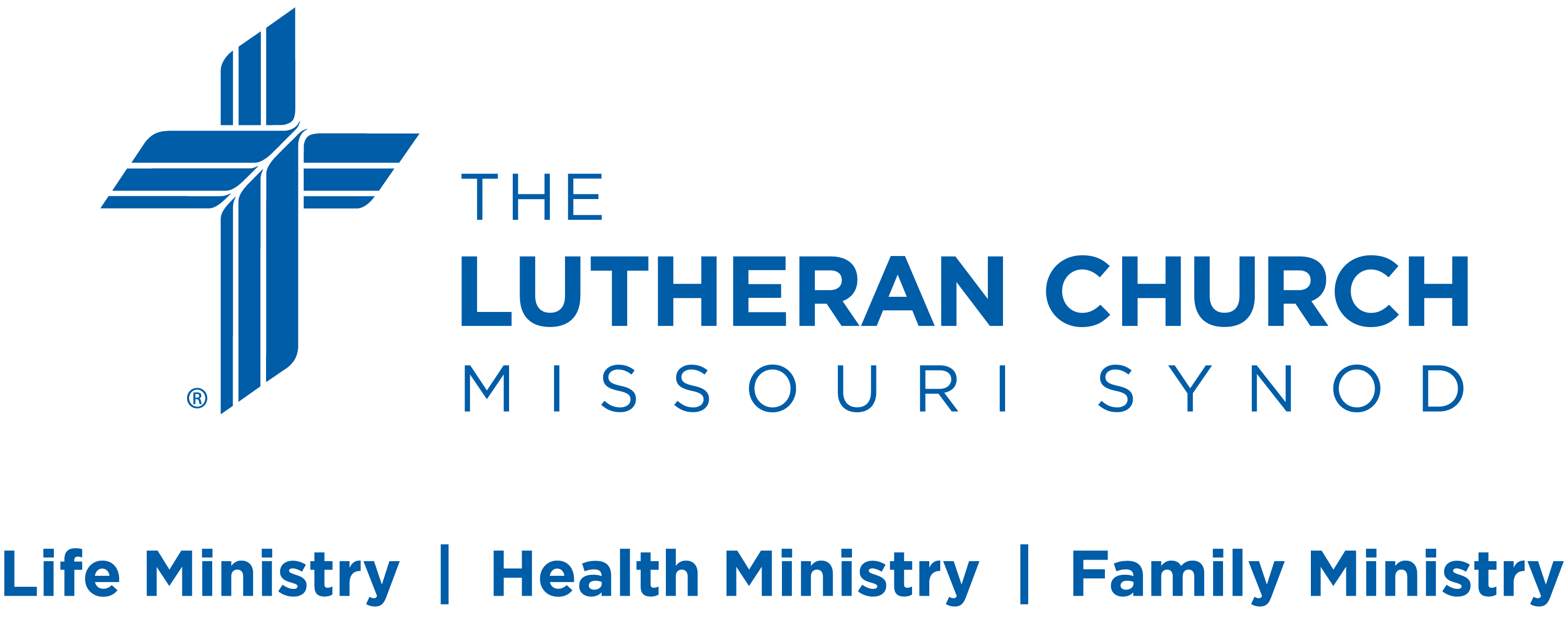Resources

What is the greatest gift you can give your child? Perhaps this hint from God’s Word helps: “What good is it for a man to gain the whole world, yet forfeit his soul?” (Mark 8:36). The greatest gift Christian parents can give their children is what you might call “soul food.”

One of the most difficult tasks facing parents today is keeping the lines of communication open with their adolescent children. No longer “children” in the narrow sense of the word and not quite adults either, adolescents are often a mystery to their parents (as well as to themselves).

Assisted-suicide and euthanasia present the church, society, families, and individuals with one of the most ...

Tips for helping your young child or grandchild grow spiritually, socially and emotionally.
Ten Things Toddlers ...

A review of common contemporary challenges to a Christian worldview along with takeaways for parents seeking to confront them.

The Christian response to medical ethics today is to speak the Word of truth to empty lives that believe lies that ...

“It is my aim here to explore the venture of parenthood … from within the perspective of Christian faith — which has, after all, been one of the principal sources of our culture’s formation on this question, but which … may help to point us in the direction of a true humanism.”

Children are not only a gift to their parents but also to the world. God desires that all children come to know the grace and mercy of Christ Jesus.

Many parents are accustomed to a constant complaint litany from bored children. Have kids always been so easily bored? Have there always been so many antsy kids who can’t sit still in a classroom? There is no doubt that a major cause is the impact of mass media on kids.

The first duty of love is to listen. When we really listen to a child, our compassion helps us sense the youngster’s needs, anxieties, joys and sorrows as if they were our own.

Raising children is holy and blessed work.

Families need to be prepared and equipped for the high points and struggles of daily life, as well as the times of crisis. By making a commitment to one another to keep Christ at the center, your family will be better able to weather the storms life may bring.
